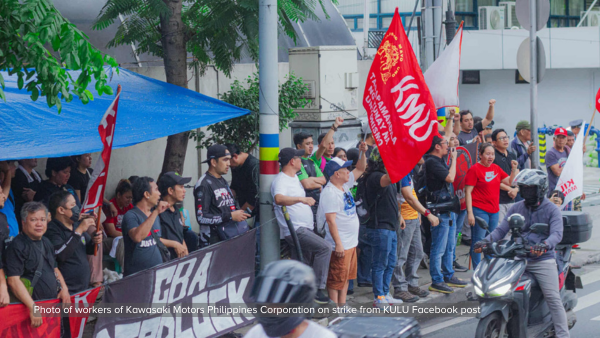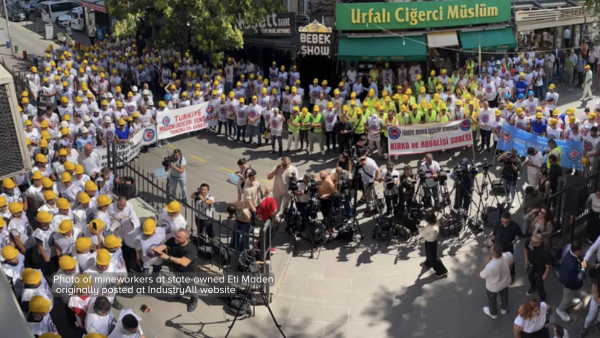On the day before Nokia’s shareholder meeting in Helsinki, Finland, the GoodElectronics Network is publishing a company profile narrating nearly two decades of the rise, fall, and resurrection of this Finnish electronics company. The profile reads as an alternative corporate history from a workers’ perspective. It turns out that workers’ interests never played a role of significance for Nokia, despite it being one of the world’s most successful electronics companies ever. Now that Nokia has taken over Alcatel-Lucent and is back in business, it’s high time for Nokia to start taking workers’ rights seriously.
Nokia Disconnected
The report, jointly drafted by SOMO, CEREAL-Mexico and Cividep-India, analyses the adverse impacts of Nokia’s varying business strategies on the rights of Nokia workers between 1998 and 2014. A particular emphasis is put on the lives of Nokia workers in Reynosa (Mexico) and Sriperumbudur (India).
Bad working conditions during Nokia’s ‘good times’
Nokia’s golden years (1998-2007) were characterised by a rush for the cheapest production locations. Workers in Nokia’s own factories and in those of Nokia’s suppliers faced poor employment and working conditions, as well as structural job insecurity and recurrent job losses due to Nokia continuously shifting production to countries with ever lower wages.
Huge bonuses for investors and management during ‘bad times’
When Nokia was eventually taken over by Microsoft in 2014, thousands of workers lost their jobs amongst others because production was shifted away from India to Vietnam. In the meantime, the proceeds from the Microsoft-Nokia deal were used to pay premiums to investors and bonuses to management (5.44 billion dollar).
Pauline Overeem (GoodElectronics Network) “With the recent takeover of Alcatel-Lucent, Nokia is becoming the largest supplier of network equipment (such as masts) that connect mobile phones, tablets and computers. We hope this next phase for Nokia will be one in which labour rights are truly respected.”
Jasoon Chelat (Cividep,India): “The Nokia plant in Sriperumbudur was projected as one of the most significant instances of big-league company investing in a Special Economic Zone in India. Although the first signs of trouble in Nokia’s presence in Sriperumbudur is often cited as tax issues with the Government, a closer look into its operations brings to the fore a lack of regard for labour rights.”
Read the report ‘Nokia Disconnected: A corporate history from a workers’ perspective‘










